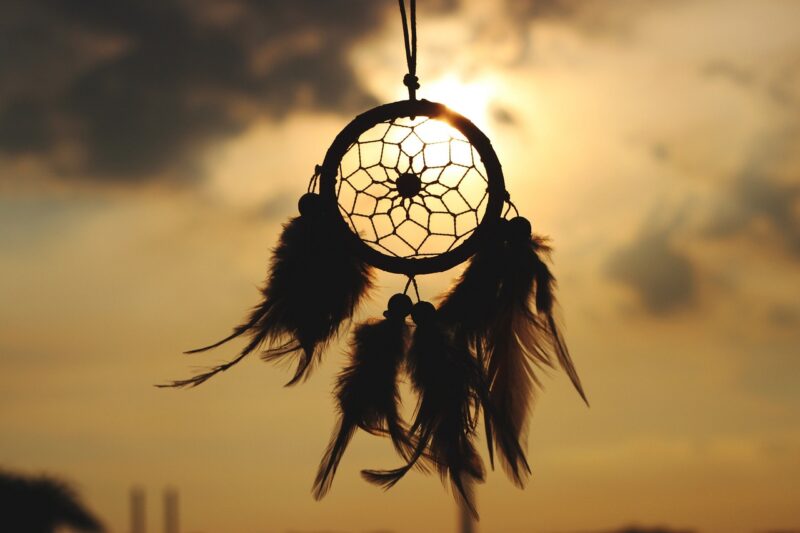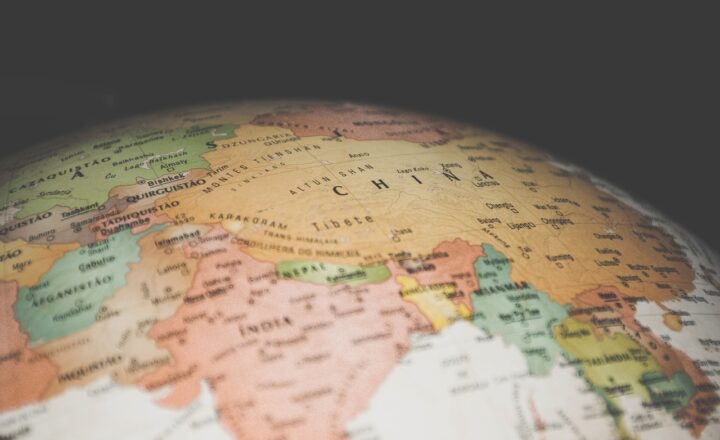The Role of Dreams in Ancient Civilizations and Their Beliefs
November 17, 2024

Dreams have fascinated humanity since the dawn of time. Across cultures and civilizations, dreams have been seen as windows into other realms, conveying messages from gods, ancestors, or the subconscious. This article delves into how ancient civilizations viewed dreams and the significance they ascribed to them.
1. The Existence of Dreams in Ancient Civilizations
The idea that dreams are connected to the divine is a prevalent theme in many ancient cultures. From the Egyptians to the Greeks, dreams were not merely personal experiences; they were believed to hold profound importance for society.
**Egyptian Civilization**
In ancient Egypt, dreams played an integral role in daily life and were often interpreted by priests or scribes. The Egyptians believed that dreams were a means for the gods to communicate with humans. They recorded their dreams on papyrus scrolls, and there existed a comprehensive dream dictionary, known as the “Dream Book of Pharaohs.” Common interpretations included predictions of health, fortune, or disaster.
**Mesopotamia**
In Mesopotamia, dreams were equally significant. The Babylonians, in particular, wrote extensively on dreams, believing that they provided insight into future events. They categorized dreams into two types: good dreams, which were prophetic, and bad dreams, warning of potential troubles. Royal decrees often considered dreams to guide governance and military decisions.
**Greece and Rome**
The Greeks saw dreams as messages from the gods. The philosopher Aristotle postulated that dreams were reflections of waking life and could offer insights into health and well-being. Meanwhile, the Romans emphasized dreams’ prophetic abilities, often consulting oracles or priestesses for interpretations. The phrase ‘dreaming of the future’ was common among the elites during this period.
2. Common Themes and Symbolism in Dreams
The dream motifs varied greatly across cultures but often shared unmistakable commonalities, acting as symbols that conveyed deeper meanings. Here are some recurring themes:
**The Journey**
A journey in dreams signified personal growth or change. Ancient Greeks often interpreted dreams involving travel as a metaphor for the soul’s journey in life.
**Animals**
Animals were regarded as messengers, representing various traits and behaviors. For instance, while the lion might represent strength, a snake could symbolize healing or danger.
**Death**
Contrary to the fear many associate with dreams of death, in ancient societies, such dreams were often considered transformative, signaling a new phase in life rather than an end.
**Water**
Water often symbolized the unconscious mind and emotional states, representing purification, power, and life-sustaining forces.
3. Rituals Surrounding Dreams
Many ancient cultures held rituals and ceremonies to honor dreams, believing they could harness their power for guidance and protection.
**Dream Incubation**
In ancient Greece, the practice of dream incubation involved sleeping in sacred spaces, such as temples, hoping to receive divine messages through one’s dreams. The temples of Asclepius served as a center for such practices, with the belief that healing gods would provide prophetic or curative dreams.
**Divination and Interpretations**
Native cultures often employed shamans or spiritual leaders to interpret dreams. Rituals might include storytelling, guided visions, or even trance conditions to understand the dreams’ meaning and application in their daily lives.
**Ceremonies for Dream Symbols**
In some Latin American civilizations, dream symbols were incorporated into ceremonies. Individuals would share their dreams, providing communal interpretations that served both as entertainment and spiritual guidance.
4. Dreams as Prophecy and Omens
In ancient societies, dreams were often interpreted as predictive omens, providing knowledge about upcoming events.
**The Bible and Ancient Hebrew Culture**
Within the Hebrew Bible, numerous instances illustrate the belief in prophetic dreams. Characters such as Joseph and Daniel gained recognition as interpreters of dreams, allowing them to discern divine messages and foresee events influencing the community.
**Indigenous Cultures**
Indigenous tribes from across the globe embraced a strong belief in the prophetic nature of dreams, with many believing that ancestors visited the dreamer to impart wisdom or warnings. In these traditions, dreams often directed decisions on hunting, marriage, and battles.
**Ancient Asian Beliefs**
Chinese culture also regarded dreams as auspicious or inauspicious signs. The practice of examining the conditions surrounding dreams, such as time and place, influenced their evaluations of the potential outcomes. Dream records were essential parts of historical texts, reflecting their importance in shaping society’s actions.
5. The Psychological Interpretation of Dreams: A Modern Perspective
Modern psychology has developed tools to understand dreams, linking them back to the ancient beliefs of insight and prophecy. Sigmund Freud, for instance, considered dreams as revealing the unconscious mind’s repressed desires and fears. Carl Jung viewed dreams as reflections of the collective unconscious, exposing archetypes and themes present across humanity.
These interpretations, although scientific, echo the ancient civilizations’ views that dreams possess a deeper significance, revealing truths often concealed in our waking lives.
Conclusion
The role of dreams throughout history highlights their importance not only as personal experiences but also as a collective cultural phenomenon. Dreams informed decisions, guided rituals, and fostered connections to the divine. Despite the evolution of interpretations over time, the allure and significance of dreams remain deeply rooted in human culture, continuing to intrigue and inspire generations. As we explore the depth of our unconscious minds through dreams, we tap into a legacy as old as humanity itself.







